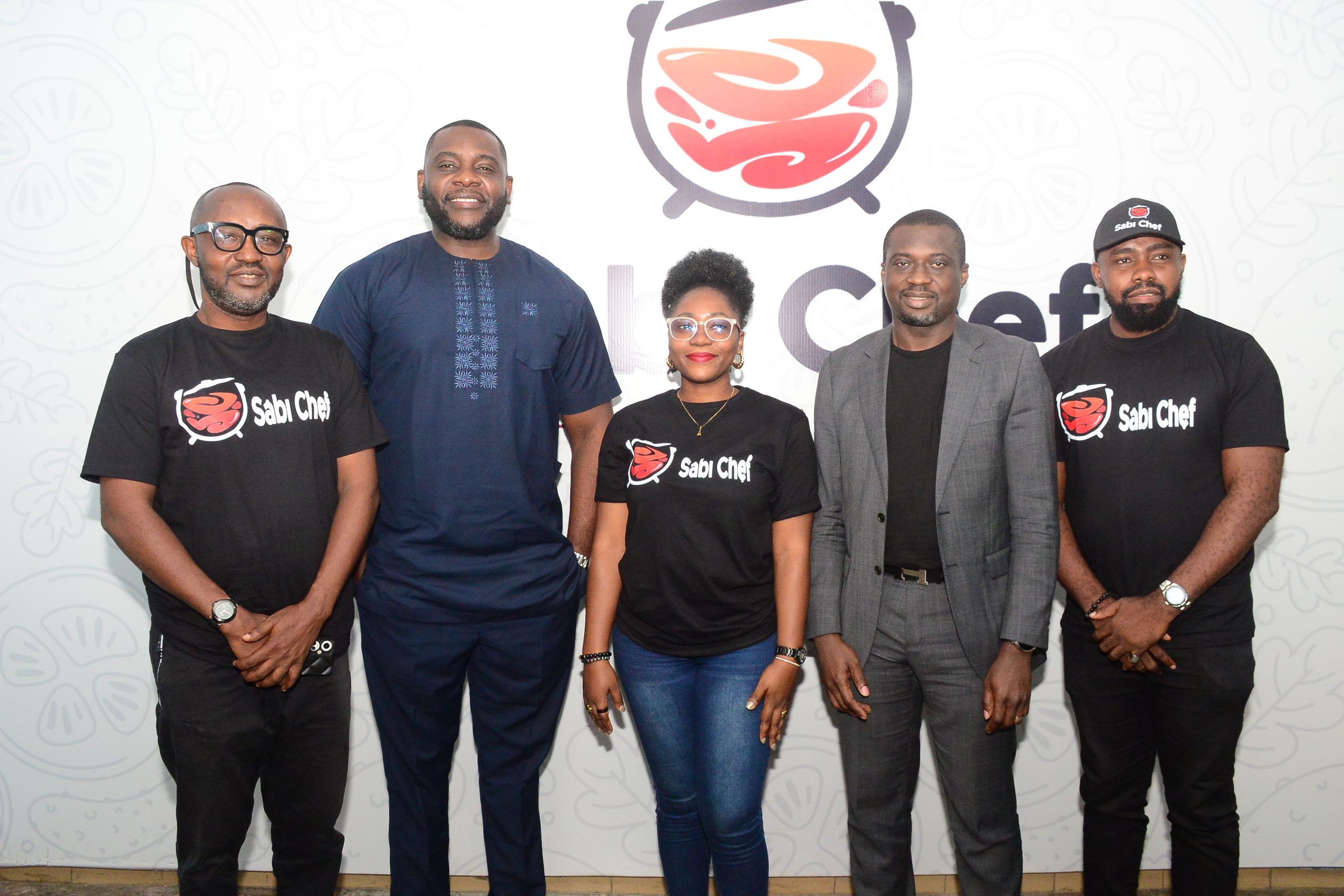The Internet Society and the Association for Progressive Communications (APC), in partnership with the University of Dodoma has hosted the Fourth Annual Community Networks Summit 2019 in Dodoma, Tanzania. The event took place between 28 October and 2 November, and seeks to digitally connect other African countries.
In Tanzania, there are 43.7 million voice telephone subscriptions and only 23.1 million Internet users. This gap is also reflected in internet access in rural and urban areas with 86% of rural dwellers unconnected compared to 44.6% in urban areas.
The fourth annual summit aims to promote the creation and growth of community networks, increase collaboration between community network operators in the region, and provide an opportunity for them to engage with other stakeholders, including content providers, regulators and policy makers. Previous Summits have been held in South Africa and Kenya.
“Internet has been a game changer to schools in Kondoa, teachers are able to access teaching and learning resources which has raised the performance of students,” said Jabhera Matogoro, assistant lecturer and PhD Student from the University of Dodoma. “The Kondoa Community Network which connects three schools and over 2000 students has taken learning to another level,” he added.
Critical to the success of Community Networks is access to licensing and spectrum. Policy makers and regulators play a key role in ensuring innovative approaches to making spectrum available. The University of Dodoma secured a two-year authorisation from the local regulator to use TV UHF spectrum in Kondoa. The results from the pilot indicated that television white space is the feasible solution to connect the unconnected population in rural Tanzania.
“Community Networks are built and operated by the communities themselves. In order to be resilient and achieve sustainability, members of the Community Network play a critical role in the building of the community network infrastructure. We help provide the training and know-how that is needed, but ultimately it’s up to the communities to run the network themselves,” said Michuki Mwangi, senior development manager for Africa for the Internet Society.
Also speaking, Carlos Rey Moreno, Local Access Policy and Regulation Coordinator for the Association for Progressive Communications, said: “Community Networks in the continent are thrilling in spite of enabling policy and regulatory environments, events like this one, and innovations such as the ones used by the Kondoa Community Network should make regulators and policy makers rethink the way they support these type of connectivity models within their national frameworks.”







Comment
No comments found.